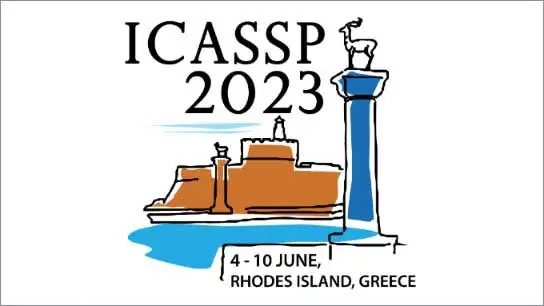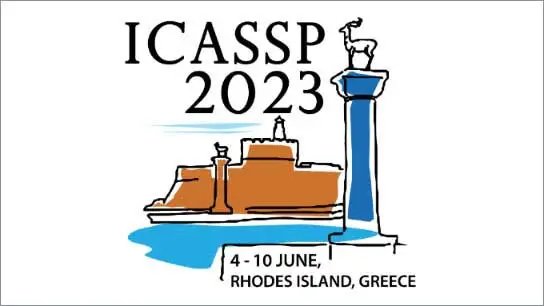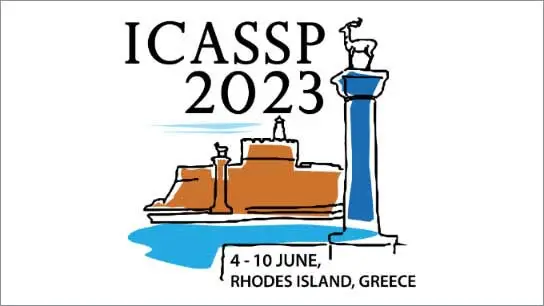Autovocoder: Fast Waveform Generation from a Learned Speech Representation using Differentiable Digital Signal Processing
Jacob J Webber (The Centre for Speech Technology Research, University of Edinburgh); Cassia Valentini (University of Edinburgh); Evelyn Williams (University of Edinburgh); Gustav Eje Henter (KTH Royal Institute of Technology); Simon King (University of Edinburgh)
-
Members: FreeSPS
IEEE Members: $11.00
Non-members: $15.00
07 Jun 2023
Most state-of-the-art Text-to-Speech systems use the mel-spectrogram as an intermediate representation, to decompose the task into acoustic modelling and waveform generation.
A mel-spectrogram is extracted from the waveform by a simple, fast DSP operation, but generating a high-quality waveform from a mel-spectrogram requires computationally expensive machine learning: a neural vocoder.
Our proposed ``autovocoder'' reverses this arrangement. We use machine learning to obtain a representation that replaces the mel-spectrogram, and that can be inverted back to a waveform using simple, fast operations including a differentiable implementation of the inverse STFT.
The autovocoder generates a waveform 5 times faster than the DSP-based Griffin-Lim algorithm, and 14 times faster than the neural vocoder HiFi-GAN. We provide perceptual listening test results to confirm that the speech is of comparable quality to HiFi-GAN in the copy synthesis task.



